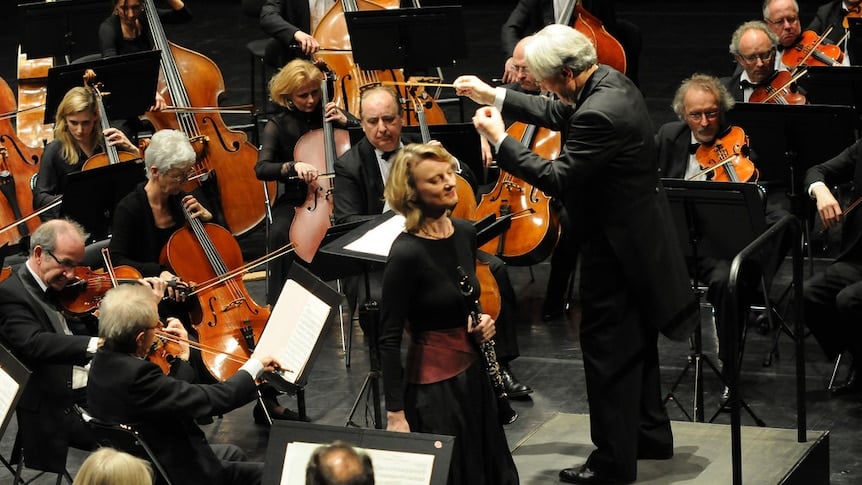Top clarinet calls time
OrchestrasThe German clarinet virtuoso Sabine Meyer is to retire from the stage next year, she has let it be known.
Meyer, 65, shot to fame when Herbert von Karajan tried to force through her appointment to the all-male Berlin Philharmonic, only for the players to vote 73-4 against her receiving tenure. Their obduracy precipitated Karajan’s resignation.
Meyer went on to a wide-ranging career as soloist, chamber musician and teacher. She married Reiner Wehle, who played clarinet in the Munich Philharmonic, and shared a professorship with him for 30 years at the Musikhochschule in Lübeck.






Comments